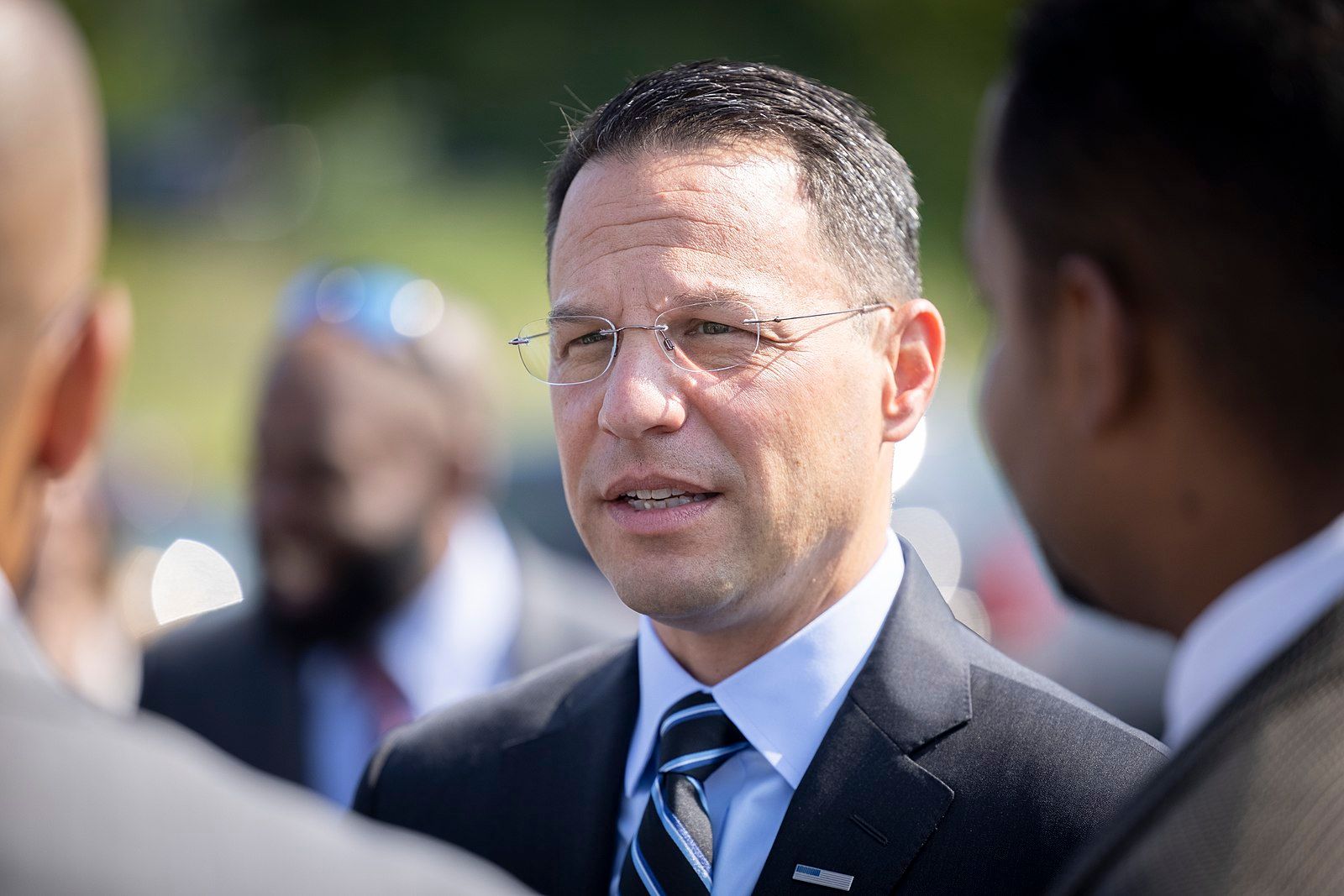Most students go to college because it promises an increase in salaries above what they would earn with only a high school diploma. However, many state and local governments require prospective employees to hold college degrees but don’t pay salaries to match.
An analysis of American Community Survey (ACS) data shows that it is much harder to land a middle-income job in a state or local government if you don’t have a college degree. In state governments, 63 percent of workers earning between $40,000 and $60,000 per year have bachelor’s degrees or more. In the private sector, just a quarter of workers in the same salary range have four-year degrees, while the rest have a mix of high school education, postsecondary certificates, and two-year degrees.
A college degree is a significant investment. Students pay tens of thousands of dollars in tuition to earn their sheepskins. Generally, they also spend years out of full-time work and accept the risk that they may drop out before graduation. Despite these costs and risks, students still pursue college because they expect a bachelor’s degree will increase their earnings capacity enough to make the investment worth it.
But state governments aren’t holding up their end of the bargain. Unlike private-sector employers, states often demand college degrees for jobs that do not pay enough to make college worth it.
Some state government jobs go even further: 25 percent of middle-class state government workers have graduate degrees, compared to just five percent in the private sector. This gap is especially concerning given that master’s degrees tend to come with higher debt levels and are less likely to have a positive return.
All this means that people interested in public sector work must typically go through college first, and sometimes graduate school as well. But heavy education requirements for jobs that pay middle-class salaries make it less likely that those individuals will realize a return on their investment in higher education. Bachelor’s degree requirements also close off middle-class job opportunities to the 62 percent of Americans who do not have a college degree.
The phenomenon of “credential inflation”—when employers require college degrees for jobs they are not necessary to do the work—is widespread. Credential inflation is especially acute in the public sector, so state governments should take the lead in tackling this problem.
Wherever possible, states should remove degree requirements for government jobs, especially those that do not pay high salaries. Instead, states should determine the skill and experience sets required to perform each job and make hiring decisions based on those.
Fortunately, many state governments are making these needed changes. In Pennsylvania, Governor Josh Shapiro recently issued an executive order declaring that 92 percent of state executive branch positions will no longer require college degrees. The order also directs state agencies hiring new employees to list relevant skills and experience up front instead of degree requirements.
The initiative follows similar orders by Utah, Colorado, and Maryland governors. Former Maryland Governor Larry Hogan’s order is already producing results: in the six months after Hogan announced the hiring policy change, Maryland saw a 34 percent increase in job applications from people with work experience but no four-year college degree.
College is an expensive, time-consuming, and risky endeavor. While it still pays off for many students, not every student sees a return on investment, and not every person has the means to pursue a four-year degree. State governments should not require college degrees for job applicants unless absolutely necessary. Fortunately, the tide is starting to turn.


